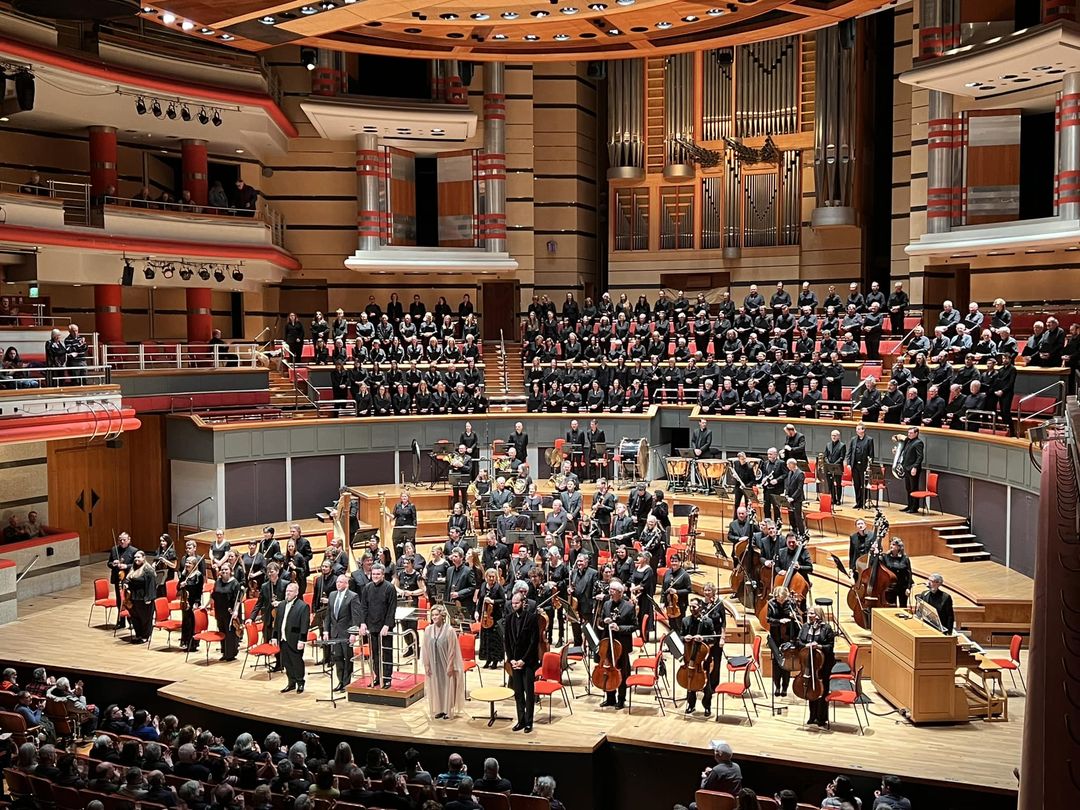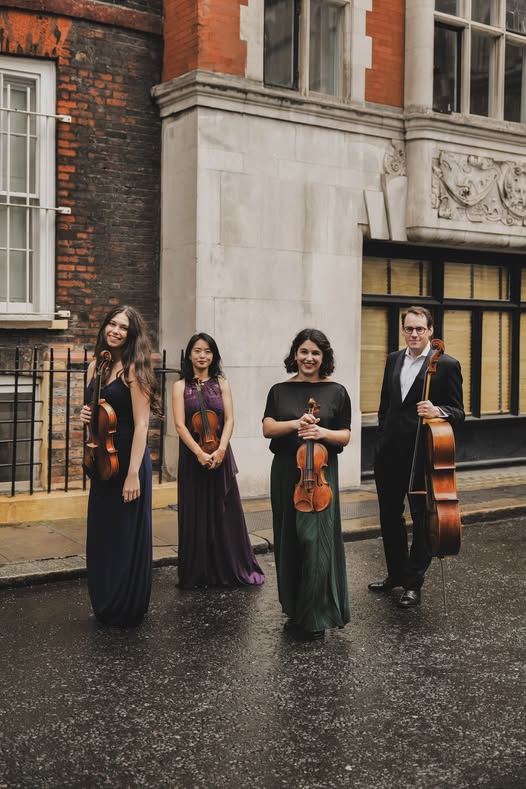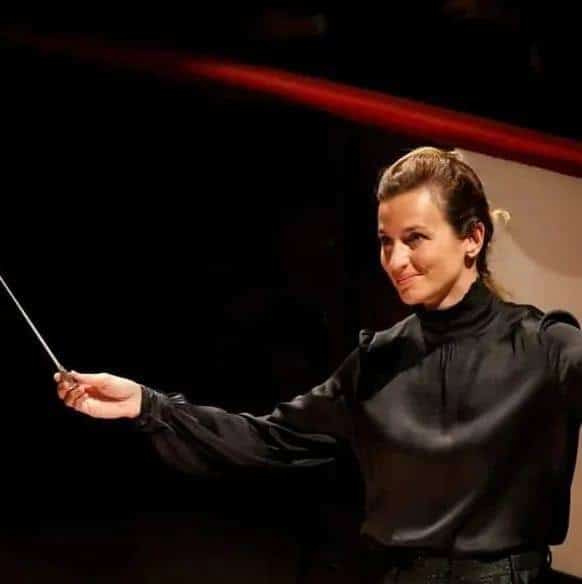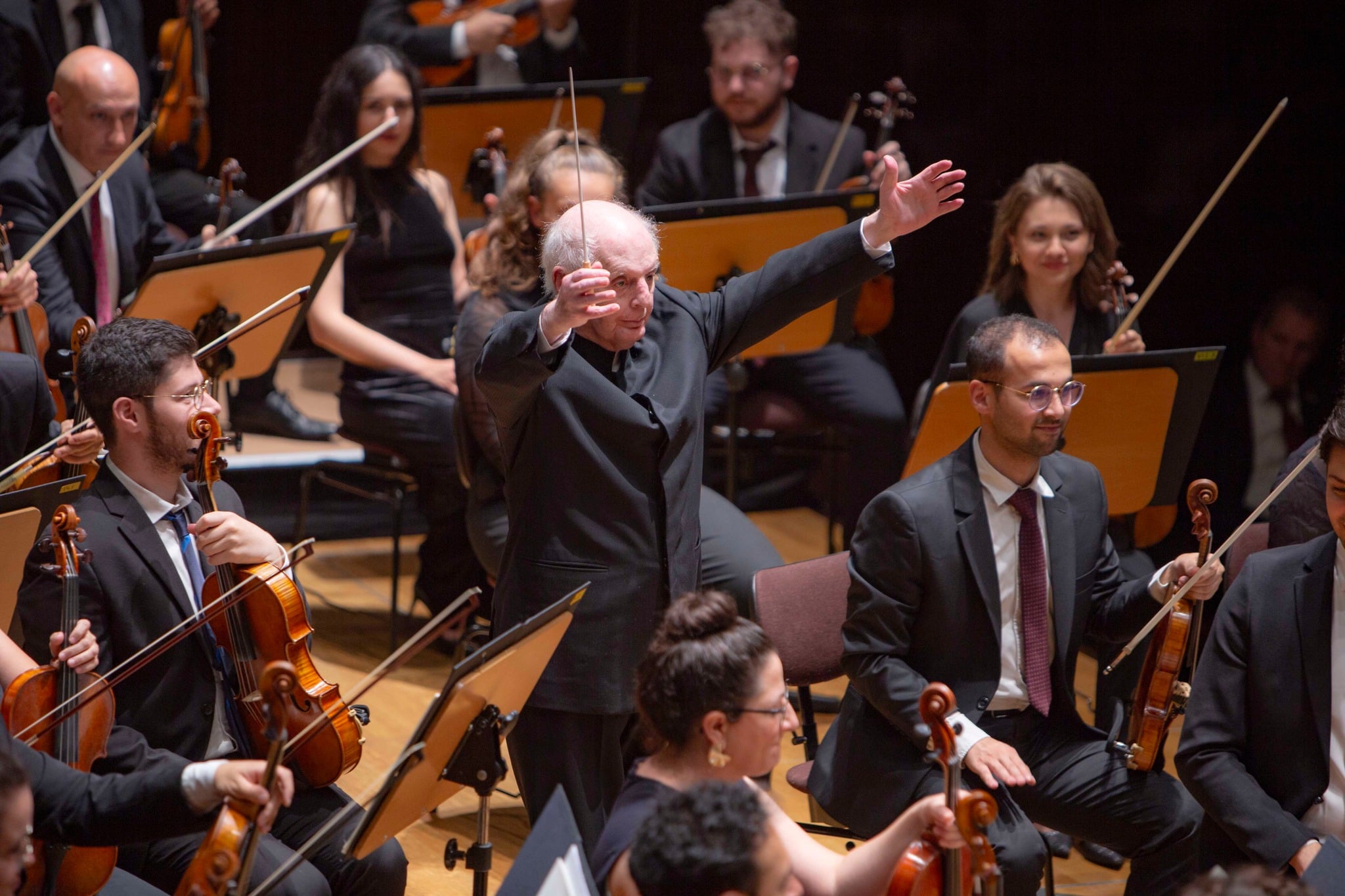A 100th Dream of Gerontius
OrchestrasStephen Maddock, who is moving on next month after 23 years as CEO of the City of Birmingham symphony Orchestra, points out that last night’s CBSO concert of Elgar’s great oratorio was the hundredth performance by the orchestra since 1945.
It was also Stephen’s tenth as manager in the 21st century.
I wonder whether all the London orchestra put together have performed 100 Gerontiuses since the War, and possibly not even ten this century. Anyone got the stats?






It was a wonderful performance that made the most of the Hall’s first class acoustic. One quibble – why was there no interval given the Conductor clearly stopped at one point, turned round and encouraged applause, walked off with the first two soloists than after a few minutes returned to the podium with the original two soloists and a third – Alice Coote? The performance could have started at 7.30 as originally planned.
Thanks Robin, glad you enjoyed the performance.
We decided some time ago not to have an interval – I have heard the piece done both with and without, and for me it definitely works better without. At the premiere it comprised the first half of a morning concert, followed by an interval (“Use well the interval”….) then Schubert’s Unfinished and finally a selection from Israel in Egypt. They had stamina, those late Victorians.
The change to an 8 pm start was at Sir Andrew Davis‘s request, to accommodate more rehearsal time with chorus on the concert today. Obviously we didn’t then want to change it back last week when he withdrew.
I agree, a great performance. Such a pleasure to have all three soloists with impeccable diction.
Who were the artists?
Ryan Wigglesworth – Conductor
Alice Coote – Mezzo-soprano
Brenden Gunnell – Tenor
Ashley Riches – Bass-baritone
CBSO Chorus
And to concur with Robin and others, it was a splendid performance very ably directed by Ryan W.
an odd statistic for a work composed around 1900 “…number of performances since 1945”. Don’t they have archives to calculate the number of performances the orch has given altogether ?
I didn’t have that to hand when posting on Facebook the other day (stored in a different archive). But there were not many between 1920 (when the CBSO was founded) and 1945. And the CBSO Chorus was not founded until 1974, so this was only their 27th. In the 1950s to 1970s the orchestra was hired on a very regular basis by choral societies across the Midlands and Gerontius was one of the staple popular pieces.
Processing statistical information from orchestral archives is a lot easier said than done. For starters, most programme information is contained in programme books. To obtain data on concerts between (say) 1920 and 1945 someone would have to leaf through and transcribe something like 1000 individual booklets containing in the region of 7000 individual pieces of music. As it happens, someone at the CBSO has been doing that for some years now.
But even they can only work with the information that is available. Between 1920 and 1944 (when the orchestra became a full-time organisation with permanent staff) there was no consistent attempt to save or document concert programmes. The (surprisingly comprehensive) archive that does exist is largely the work of the late Beresford King-Smith, who spent years collecting and tracking down copies of programmes for as many CBO concerts as he could identify. Even then, there are gaps. Some programmes have never been found, others have been reconstructed from information in newspaper reviews and advertisements. The odds of a single sheet of paper (which is all that was issued for some concerts) surviving 90 years are slim. And concerts which were not promoted in Birmingham by the CBO – a sizeable number every year, in venues across the UK, ranging from town hall matinees to major choral festivals – were often not recorded by the CBO at all outside of long-discarded work schedules.
In short, we have records of six performances of The Dream of Gerontius by the CBO prior to 1945: in 1920, 1928, 1931, 1937, 1939 and 1943. There were also numerous concert performances of extracts (usually the Prelude and Angel’s Farewell), which used to be quite a common practice. However, this is almost certainly nothing like the total number of times the orchestra played the piece, as the majority of performances will have been with regional choral societies and festivals (eg Leeds, Hanley, Three Choirs, Rugby School) for which the orchestra (as opposed to the promoter) did not issue adverts or programmes.
The truth, doubtless, is out there but it would take a large-ish research & archival job to track down and document all the non-Birmingham concerts given by the CBO in its first quarter century. If anyone wishes to offer the necessary funding I don’t doubt that it would be gratefully received.
Thank you, Richard.
I’ve heard/read that some folks think “The Kingdom” and/or “The Apostles” are actually better works than the ‘Dream of Geritol’. I don’t know them well enough to chime in.
Mark Elder is doing all three of them in Manchester this summer, so you’ll have a chance to compare!
They are both very fine pieces and deserve much more attention but I don’t think anyone who knows them well would rate them above “Gerontius”. I’m not sure that Elgar himself did.
It’s a criminally underperformed piece.
I was back row chorus in the best ever Gerontius perfomance. Canterbury Cathedral 1968 LPO, Boult, Baker, Pears, Shirley-Quirk.
Still the best choral experience of my life!
Several elderly/former members of the Philharmonia Chorus told me a few years back (it was at a St Matthews Passion performance just pre-pandemic) that they regarded Adrian Boult as the finest choral conductor they had encountered.